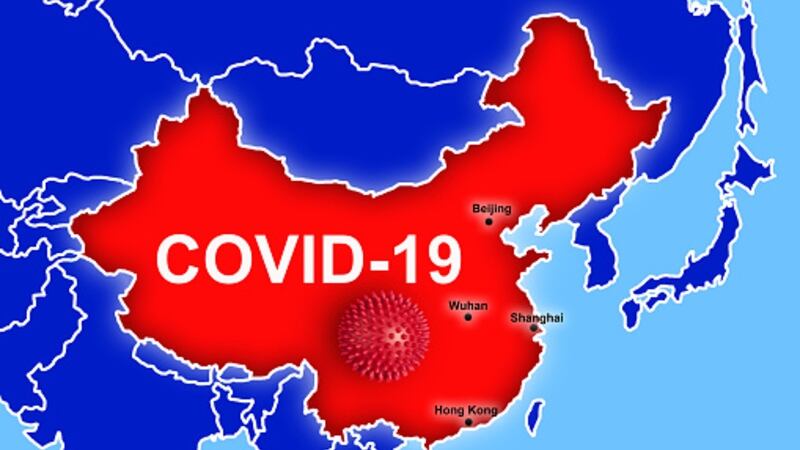China’s Wuhan was the first epicentre of the COVID-19 global pandemic, and as of April 8 the country as a whole has recorded over 81,000 cases and 3,333 deaths. Its strict control measures implemented since January have helped it to fall behind the United States and European countries such as Spain and Italy.
But in the past few weeks, food supply and security has surfaced as a pressing new concern within the country, especially with multiple countries such as Vietnam and India stopping food exports.
In addition, documents that were purportedly leaked on social media from a high-level committee meeting at Linxia prefecture revealed orders for special arrangements to be made to ‘ensure food security’ locally.
“The State Party Committee and the state governments and counties and cities [must use multiple routes] to store grains, beef, mutton, oil, salt and other daily living necessities,” stated the leaked document, which was circulated on Twitter amongst other social platforms.
“The public should also be guided to proactively ensure that they have food stores for some three to six months at home in case of emergencies.
“There should be heightened awareness and urgency about the need to strengthen food storage and supply.”
The document was the final straw on the camel’s back for a nation where food shortage rumours had already been circulating for weeks, leading to a fresh round of panic-buying taking place.
The government has denied all rumours of food shortages within China, emphasising this during one of its daily Joint Prevention and Control Mechanism of the State Council (the national body formed to combat COVID-19) press conferences.
“In terms of grain production, China has steadily maintained output at 1.3tn catties (780bn kg) for the past five years, and last year we hit a historical high of 1.33tn catties (798bn kg),” China Ministry of Agriculture and Rural Affairs (MOARA) Department of Development and Planning Director Wei Baigang said.
“There has been enough wheat to meet demand for years, and more than enough rice, so local grain security is definitely guaranteed.
“Public grain stores have sufficient supply at the moment at 17% to 18% above United Nations recommended amounts [for food security], especially for our major staples, wheat and rice.
“In terms of imports, China is not a big importer of grains – In 2019, the import value was only some 2% of local consumption. We usually import to satisfy the individual tastes and consumption of the public [but] in terms of supply, we have enough to keep shelves stocked and maintain stable prices so there is no need for panic-buying.”
Most of the government’s reassurances so far have hinged on production, with MOARA Department of Crop Production Director Pan Wenbo adding that food security was of ‘utmost importance’ to the government and that local grain production has become a pillar of ‘strong support’ in the fight against COVID-19.
China’s previous lockdown measures have heavily affected local food production, with local studies finding 60% of village officials pessimistic about this year’s planting season, severe manpower shortages, and farmers struggling to secure feed and fertiliser especially as Hubei, where Wuhan is located,was the country’s main fertiliser source.
Despite all of this, China is pushing for things to go back to normal soon.
According to China National Health Commission media spokesman and Communications Assistant Director Mi Feng, who chaired the press conference: “Areas that are low-risk currently are pushing forward with initiatives to get life and routines back to normalcy, although crowds must still be strictly controlled and protective measures still enhanced.”
Relaxing restrictions
Another cause of concern is that Wuhan has reopened its wet markets selling wildlife, from where the virus causing COVID-19 is widely believed to have been passed to humans from animals.
Business is reportedly going on as usual with less-than-hygienic conditions and close contact with wild animals such as bats and snakes back in play – and this is despite China’s ‘comprehensive’ ban on illegal wildlife trading and wildlife over-consumption.
The lapse in enforcing governance over these markets has sparked outrage amongst both local and international netizens, with many believing that this could lead to another wave or resurgence of the disease, basically making all the previous tough measures and sacrifices for naught.
“They have not learned their lesson, but the world is paying for it," was a common sentiment seen on social media.
World leaders have called for wet markets such as these to be banned, such as acting Executive Secretary of the UN Convention on Biological Diversity Elizabeth Maruma Mrema.
“The message we are getting is if we don’t take care of nature, it will take care of us,” she told The Guardian.


